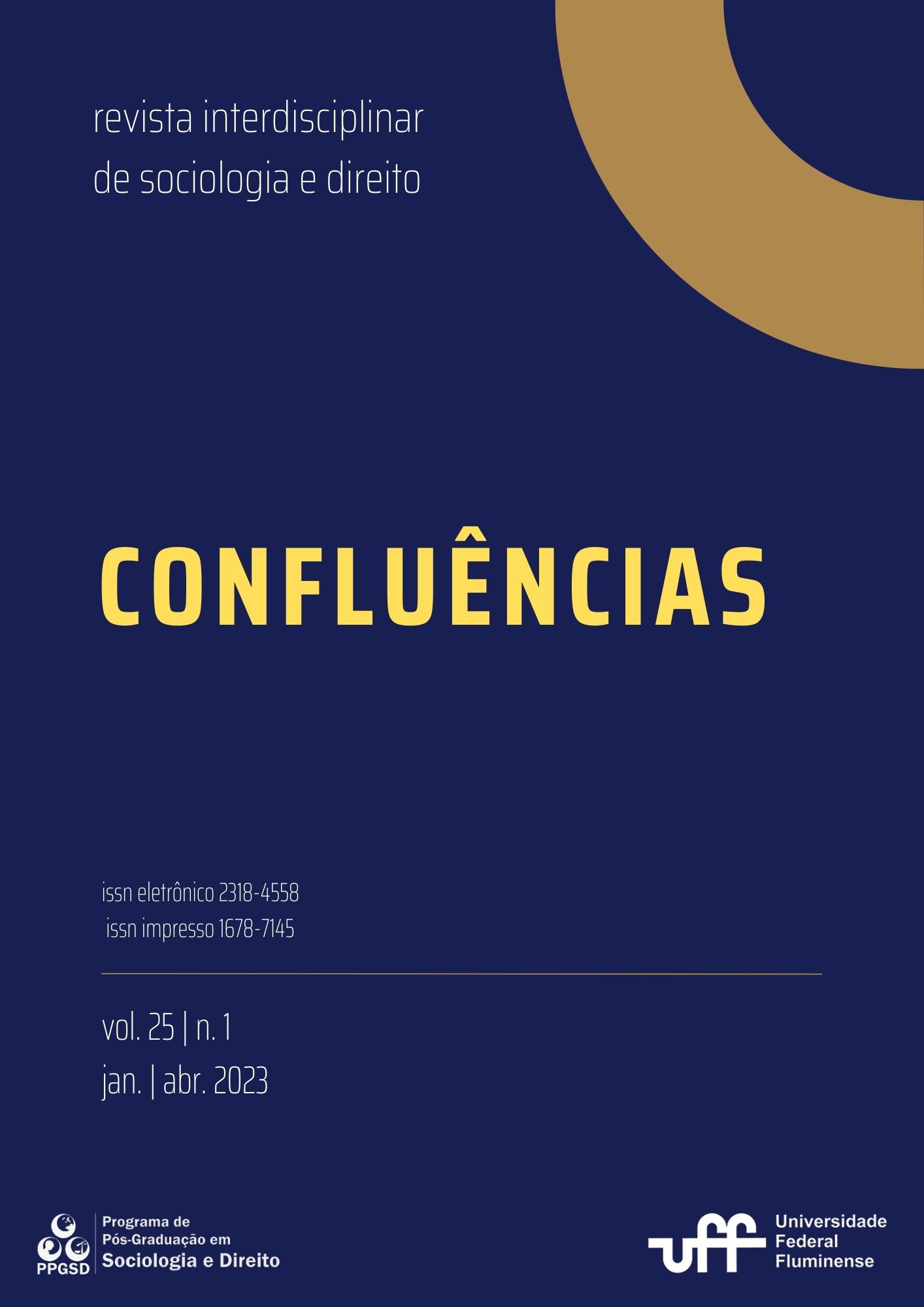NON-COMPLIANCE WITH HUMAN RIGHTS AND UNEQUAL ACCESS TO COVID19 VACCINES IN UN DOCUMENTS
DOI:
https://doi.org/10.22409/conflu.v25i1.55200Abstract
This study will map and analyze the prescriptive propositions made in 2020 and 2021, by the United Nations, about the urgency of the various countries to implement domestic and foreign policies to guarantee the right of access to vaccines against Covid 19 to establish policies of observance of human and fundamental rights. Prescriptive propositions are, in this specific case of the pandemic, all the intents, of the United Nations system, to influence governmental and non-governmental agendas in policies to confront Sars cov2 and its consequences left in all dimensions of social life. The equal right to access to vaccines is shown as the central core of investments capable of decreasing vulnerability and health insecurity in today's world. This is documentary research that seeks to unveil the political character of the propositions, formulated by the UN to combat the Covid 19 pandemic, based on solidarity and cooperation among countries, rulers, political leaders, civil society organizations, and diverse peoples. The analysis of the arguments in the documents indicates that the perspectives of solidarity and cooperation are challenged by issues that underlie the unequal right to access to vaccines, such as: the imbalances of power between countries and within countries, the difficulties of sharing patents and technologies, the disregard for the human rights of diverse population groups, the concentration of resources and wealth, which make the chances of establishing effective policies of access to universal immunization remote.
Downloads
Downloads
Published
Issue
Section
License
Copyright (c) 2023 Maria José de Rezende

This work is licensed under a Creative Commons Attribution-NonCommercial 4.0 International License.







